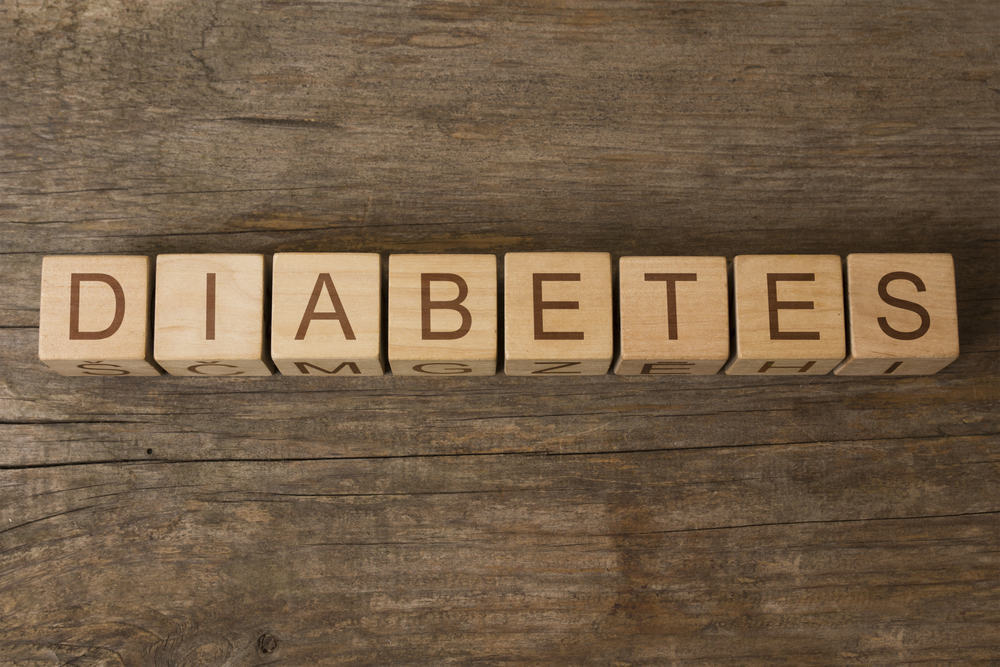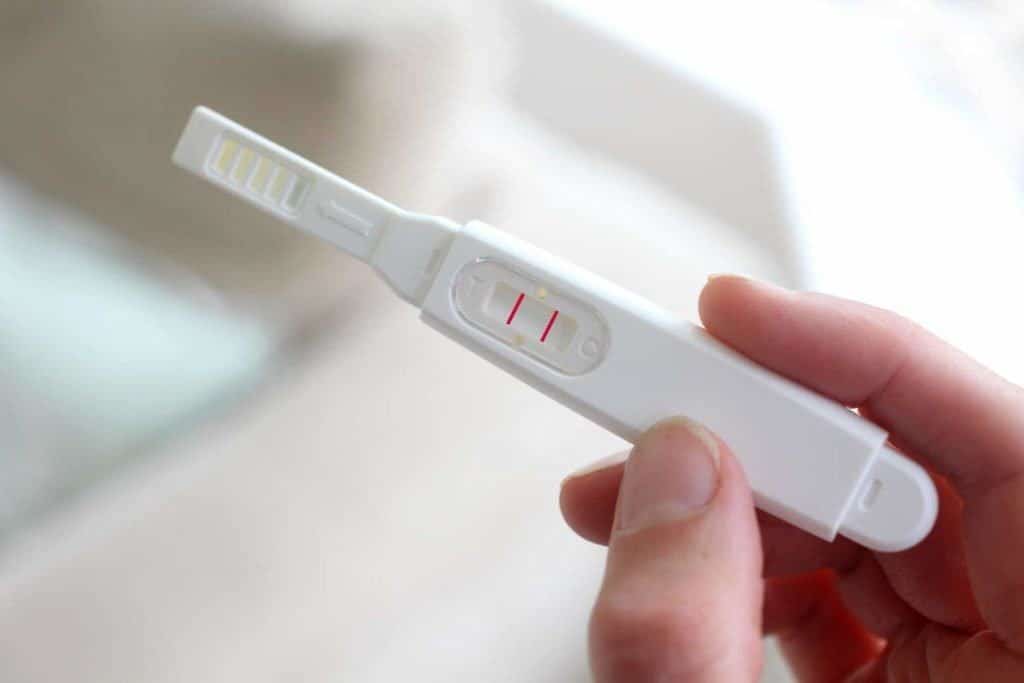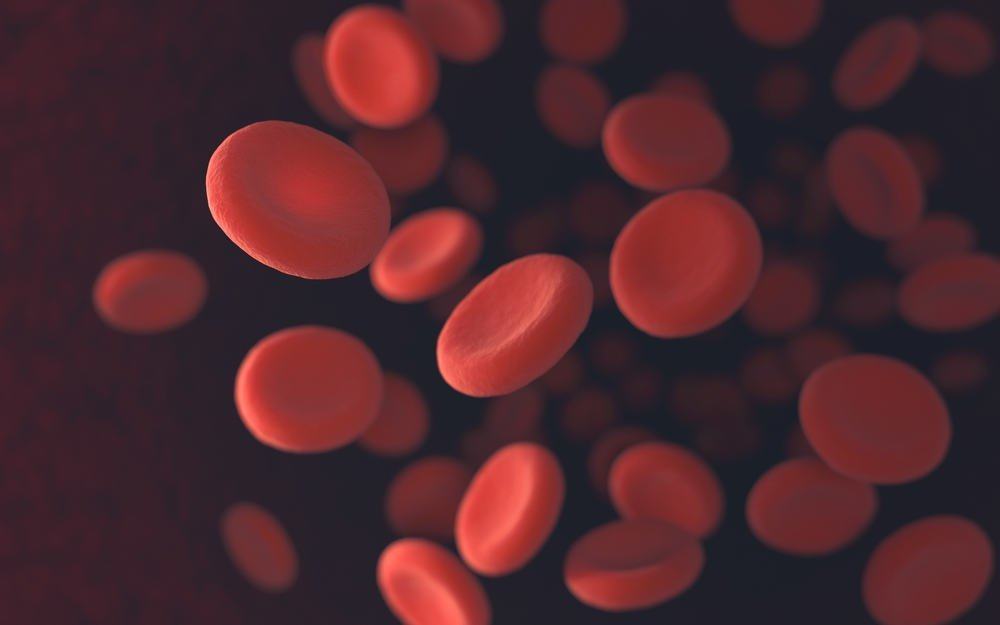Contents:
- Medical Video: How does diabetes cause kidney disease?
- What's the difference between type 1 diabetes and type 2 diabetes?
- What is the effect of diabetes on the kidneys?
- How many diabetes patients have kidney failure?
- What are the initial signs of kidney disease in diabetic patients?
- What are the signs that a diabetic patient has achieved kidney failure?
- What will happen if my kidney is damaged?
- How do kidneys work as long as possible?
- What is the final stage of kidney failure in patients with diabetes?
- How to treat kidney failure in diabetic patients?
- Can patients with diabetes get a kidney transplant?
- What about pancreatic transplants?
- What are the future prospects for patients with diabetes?
Medical Video: How does diabetes cause kidney disease?
Diabetes mellitus, usually called diabetes, is a disease where your body does not make enough insulin or cannot use insulin properly. Insulin is a hormone that regulates the amount of sugar in your blood. High blood sugar levels can cause problems in many parts of your body.
What's the difference between type 1 diabetes and type 2 diabetes?
The most common types of diabetes are Type 1 and Type 2. Type 1 diabetes usually occurs in children. This disease is also called juvenile onset of diabetes mellitus or insulin-dependent diabetes mellitus. In type 1 diabetes, the pancreas does not make enough insulin and you must use insulin injections for the rest of your life.
Type 2 diabetes, which is more common, usually occurs in people over the age of 40 and is called adult onsetdiabetes mellitus or also called non-insulin dependent diabetes mellitus. In type 2, the pancreas makes insulin, but your body cannot use it properly. High blood sugar levels can often be controlled by following a diet and / or taking medication, although some patients still need to use insulin.
What is the effect of diabetes on the kidneys?
With diabetes, small blood vessels in the body are injured. When the blood vessels in the kidney are injured, the kidneys cannot cleanse your blood properly. Your body will retain more water and salt than it should, and can cause weight gain and swelling in the ankles. There will be protein in your urine, and waste will accumulate in your blood.
Diabetes can also cause nerve damage in your body. This can cause difficulty in emptying your bladder. The pressure produced from a full bladder can hurt the kidneys. If the urine stays in the bladder for a long time, you can develop an infection from the rapid growth of bacteria in the urine that has high sugar levels.
How many diabetes patients have kidney failure?
About 30 percent of patients with type 1 diabetes, and 10-40 percent of those with type 2 diabetes will eventually suffer from kidney failure.
What are the initial signs of kidney disease in diabetic patients?
The initial sign of diabetic kidney disease is an increase in excretion of albumin in the urine. This comes long before the usual tests are done at your doctor's clinic, so it is very important for you to do this test on an annual basis. Weight and swelling in the ankles can also occur. You will urinate more often at night. Your blood pressure may be too high. As a person with diabetes, you should check blood, urine, and blood pressure at least once a year. This will have an impact on better control of the disease, and allow it to be carried out early treatment of high blood pressure and kidney disease. Maintaining control of your diabetes can reduce your risk of developing severe kidney disease.
What are the signs that a diabetic patient has achieved kidney failure?
When your kidney fails, your blood urea nitrogen (BUN) increases, so does the creatinine level in your blood. You may also experience nausea, vomiting, loss of appetite, weakness, increased fatigue, itching, muscle cramps (especially in the legs), and anemia (low blood count). You may feel that you need less insulin. This is because the kidney that causes it lack of division insulin. If you experience these signs, contact your doctor.
What will happen if my kidney is damaged?
First, doctors need to know whether your diabetes has caused kidney injury, because other diseases can cause kidney damage. Your kidneys will work better and last longer if you:
- Control your diabetes
- Control high blood pressure
- Get treatment for urinary tract infections
- Fix problems in your urinary system
- Avoid drugs that can damage the kidneys (especially over-the-counter pain medications)
If no other problems are found, the doctor will try to keep your kidneys working as long as possible. Use of high blood pressure drugs called inhibitors angiotensin converting enzyme (ACE) has shown it can help slow the loss of kidney function.
How do kidneys work as long as possible?
Kidney doctor, called nephrologist, will plan your care with you, your family, and your nutritionist. Two things to keep in mind to keep your kidneys healthy are by controlling high blood pressure in conjunction with ACE inhibitors, and following your kidney diabetes diet. Limiting protein in your diet may also help. You and your nutritionist can plan a diet together.
What is the final stage of kidney failure in patients with diabetes?
The final stage of kidney failure occurs when the kidneys are no longer able to support you in a state of health, until dialysis or transplantation is needed. This happens when your kidneys only function 10 to 15 percent.
How to treat kidney failure in diabetic patients?
Three types of treatment can be used when kidney failure occurs: kidney transplantation, hemodialysis, and peritoneal dialysis.
Can patients with diabetes get a kidney transplant?
Yes. After you get a new kidney, you may need a higher dose of insulin. Your appetite will increase so that your new kidney will break down insulin better. You will use steroids to keep your body from rejecting new kidneys. If your new kidney fails, dialysis treatment can begin while you wait for another kidney.
What about pancreatic transplants?
Sometimes it is possible to do a pancreatic transplant along with a kidney transplant. Your doctor can advise you on this possibility.
What are the future prospects for patients with diabetes?
At present, more and more costs are spent on diabetes research. The hope, can be found prevention and cure of diabetes in the future. Meanwhile, you can control your diabetes better by:
- Monitoring your home for your blood glucose levels.
- Maintain awareness in controlling blood pressure, and maybe monitoring your blood pressure at home.
- Follow your special diet.
READ ALSO:
- 9 Wrong Myths About Type 2 Diabetes
- 7 Diseases that Usually Attack Diabetics
- 6 Common Questions About Diabetes and Kidney Failure












